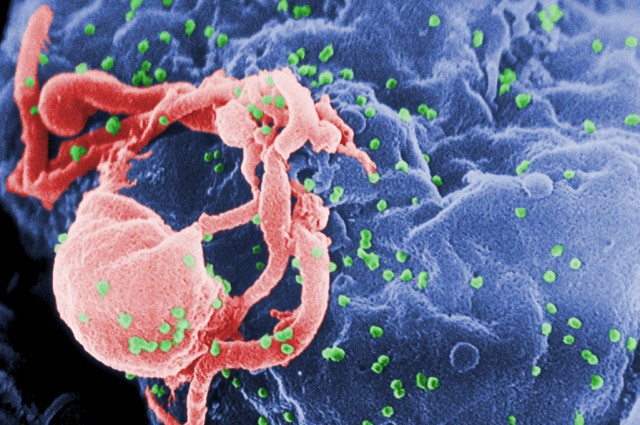Early treatment sometimes lets the body keep HIV in check
Ars Technica » Scientific Method 2013-03-15
HIV, the virus that causes AIDS, belongs to a class of viruses that insert a copy of themselves into the genomes of the cells they infect. As long as some infected cells are alive, it is impossible to completely eliminate the virus. As a result, medical research has focused on two areas: vaccines that can prevent infection in the first place, and antiviral medications that keep the infection in check once it's established. Despite incredible successes in the development of antivirals, they'd still be needed for the rest of an infected individual's life, as a lapse could allow the virus to return from cells in which it had established a long-term infection.
Recently, however, came a report that early treatment with antivirals has allowed one individual to keep an HIV infection limited for extended periods of time without treatment. Now, a report in PLOS pathogens suggests that this case may not be as exceptional as we might have thought. In a small population of people treated immediately after infection, about 15 percent managed to keep the virus in check after they discontinued other treatments.
There have been a number of individuals who show a more complicated infection, one in which they never progress to full-blown AIDS. Many of these have a mutation in a gene that the virus uses to latch on to and enter cells. Bone marrow transplants using cells from people with this mutation have now been used in procedures that seem to have eliminated the virus from at least three individuals. Bone marrow transplants are drastic and carry risks (these patients needed them for other reasons), so this doesn't represent a general cure, but it did suggest that the virus might not necessarily get established widely in the body.
Read 7 remaining paragraphs | Comments
